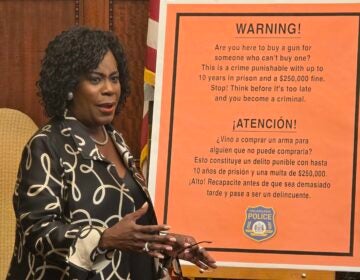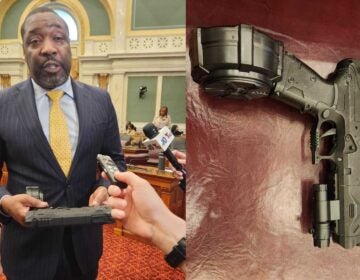To fight blight and crime, Philly is addressing its glut of abandoned vehicles
The DOJ is offering assistance to remove the abandoned cars across the city.
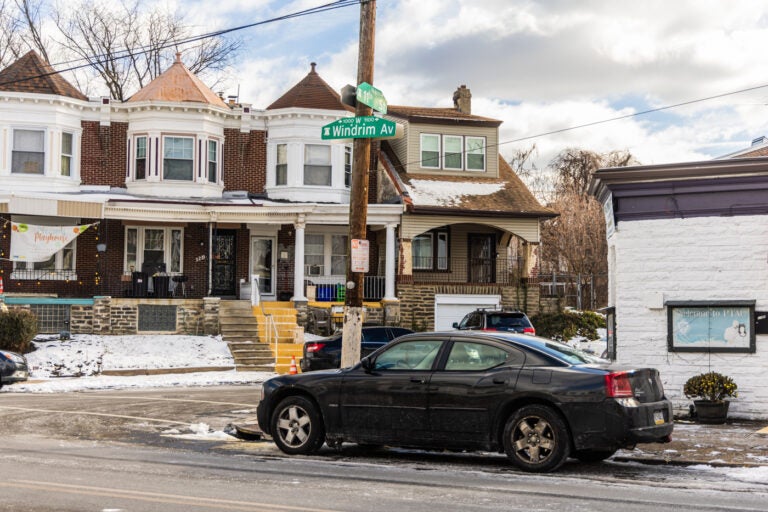
An abandoned car at 11th and Windrim Avenue in Philadelphia as of January 8, 2024. (Kimberly Paynter/WHYY)
From Philly and the Pa. suburbs to South Jersey and Delaware, what would you like WHYY News to cover? Let us know!
Philadelphia Police Department is working to remove a backlog of abandoned vehicles from the city’s streets.
Calls for service constitute the most frequent complaint received by Philadelphia’s 311 hotline.
On average, the hotline receives hundreds of such complaints each week. In 2024, 8,314 reports of abandoned vehicles were logged.
These vehicles pose safety hazards and detract from a neighborhood’s aesthetic appeal. They also occupy valuable parking spaces, which are often in short supply.
According to the city, each 311 call is investigated to determine if the reported vehicle is abandoned. Factors considered include severe body damage, lack of valid registration, or being overdue for inspection by 90 days or more.
Cases are vetted before towing, and vehicle owners may receive a courtesy notice from the Police Department.
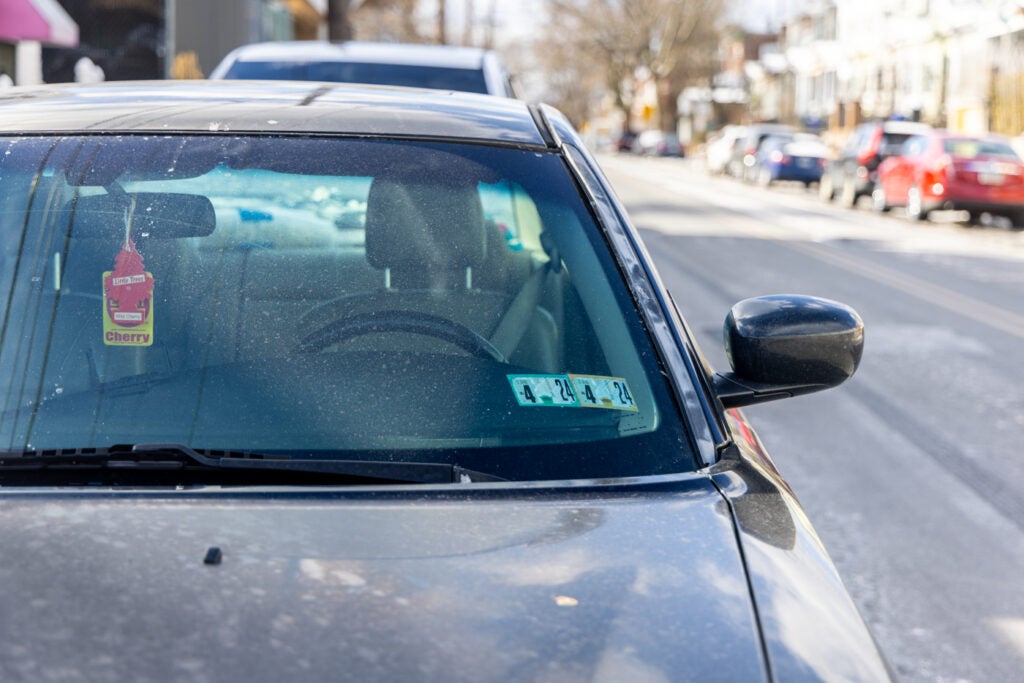
Alim Howell, of Upper Darby, constantly encountered abandoned vehicles cluttering his Upper Darby neighborhood’s streets.
He was frustrated to see such vehicles outside his window.
“There used to be abandoned cars in our driveway,” said Howell in an interview with WHYY News. “It was an eyesore for me. It didn’t make me feel good. I know that stuff happens sometimes. But then I just wanted to remove it.”
Howell, an activist and advocate with Race for Peace, lamented about the long delay in sending a tow truck to remove abandoned vehicles from his property.
“It shouldn’t be that difficult to just basically call a towing company to get the cars removed from the locations,” Howell said.
Last December, the U.S. Department of Justice’s Office of Community Oriented Policing Services (COPS Office) announced it would assist the Philadelphia Police Department through its Critical Response program to streamline the removal of abandoned cars.
It’s part of the DOJ Collaborative Reform Initiative, alongside the National Policing Institute, to support the PPD by decreasing the number of abandoned vehicles to reduce crime and enhance community relations.
“One of the tenets of community policing is working with the community to address the public safety issues that are at the top of their priority list,” said Principal Deputy Associate Attorney General Benjamin C. Mizer. “That is what the Philadelphia Police Department has done here, and the Department of Justice is thrilled to support this work.”
The Collaborative Reform Initiative offers three programs — the Technical Assistance Center, Critical Response and Organizational Assessment — to support state, local, territorial and tribal law enforcement. The programs aim to foster relationships between law enforcement and communities while enhancing operational efficiency, officer safety, organizational learning and community policing.
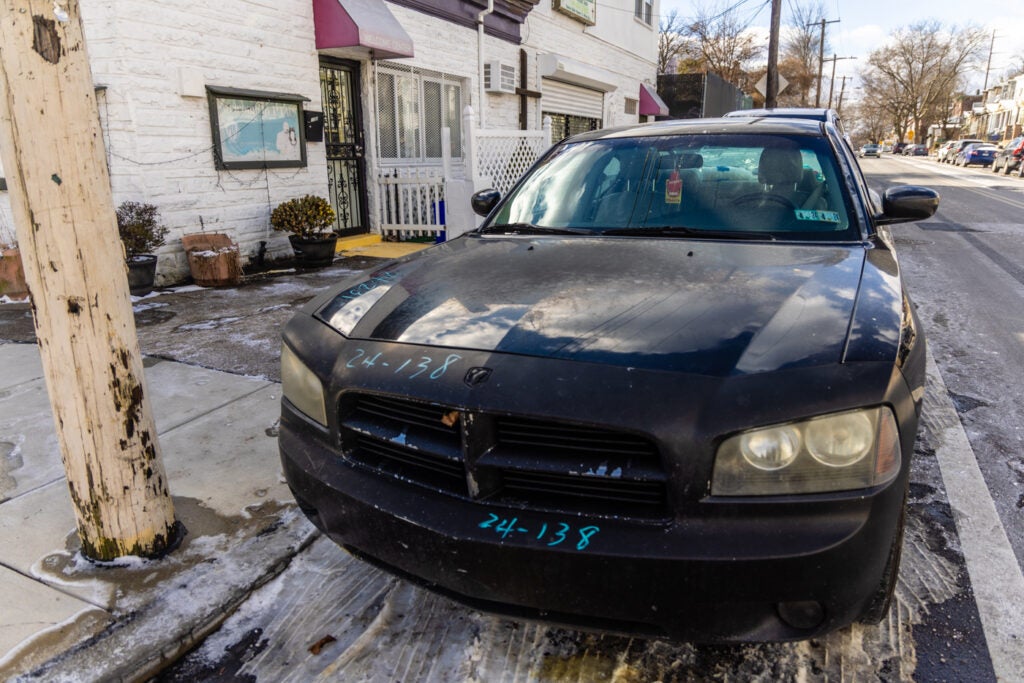
Howell said he wants a safe neighborhood that won’t be mistaken for a junkyard.
“When you’re in a clean environment, it’s always good vibes, but then when the environment’s less clean, it’s always like more negative vibes, and that causes people sometimes to just act a little emotional because it’s not as clean as they want it to be.”
Editor’s Note: This story had been updated to reflect that the Philadelphia Police Department is the agency responsible for handling reported abandoned vehicles in the city.
WHYY is your source for fact-based, in-depth journalism and information. As a nonprofit organization, we rely on financial support from readers like you. Please give today.




